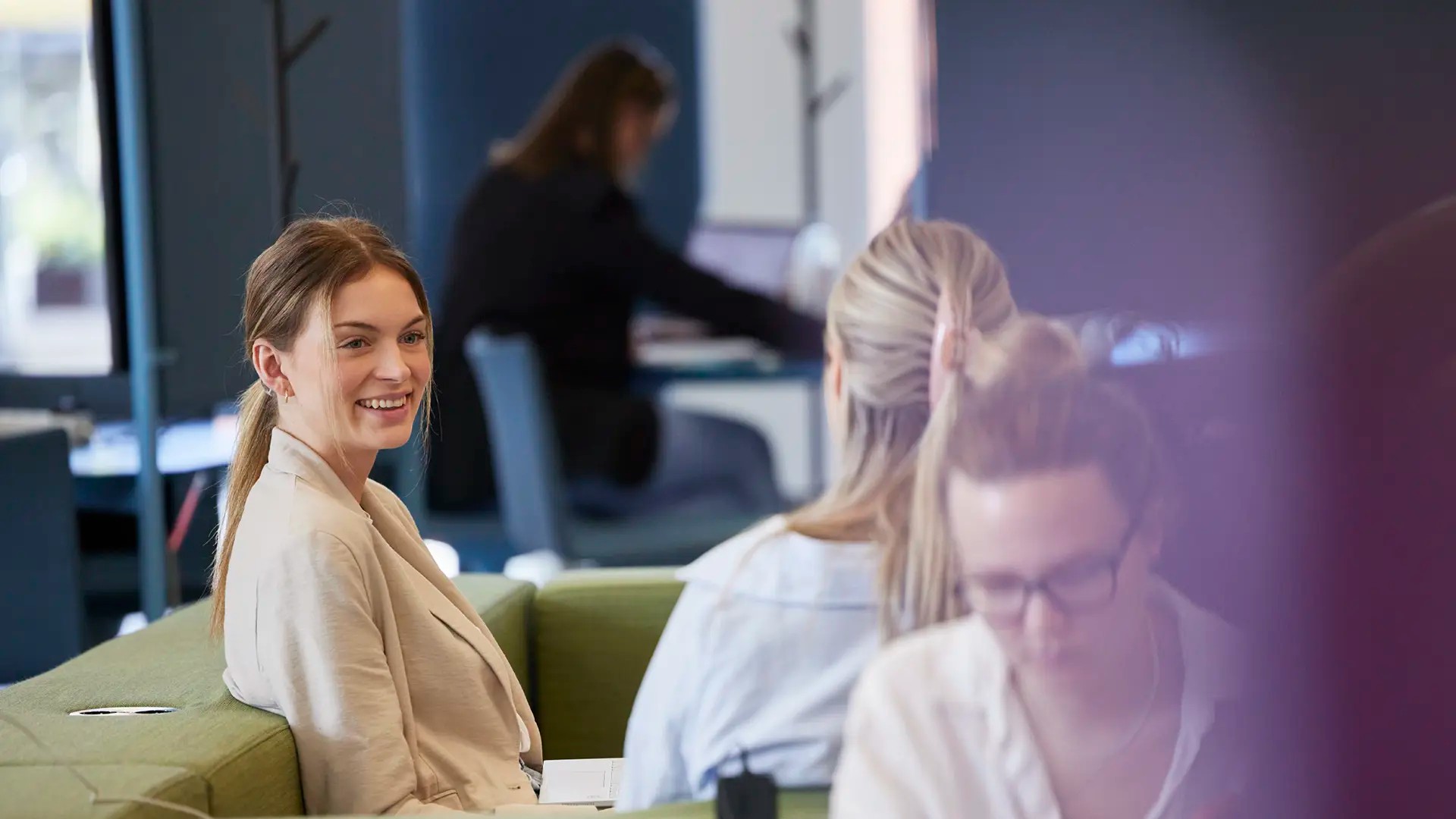
Once you have been accepted, there are a number of preparations you need to complete. Here you can find information on what you need to consider.

You will receive information by email about which documents need to be completed and when they should be submitted. There is some administrative work involved in preparing for your exchange, so it is important that you familiarize yourself with the process and take responsibility to ensure nothing is missed.
For students going on an exchange within Europe – the Erasmus+ program
- Read the Erasmus+ exchange checklist carefully.
- Complete a Study Plan with the courses you plan to take and email it to your director of studies. A template for the Study Plan can be found under “Forms and Manuals.”
- Once your Study Plan has been approved by the academic secretary, fill in your Online Learning Agreement (OLA) in the MoveOn portal. A guide for completing the OLA is also available under “Forms and Manuals.” ISCED codes can be found in the Search Portal.
- Submit the Arrival and Departure form when you arrive at and leave the partner university.
All forms related to your Erasmus+ exchange can be found in the MoveOn portal. We have gathered all relevant information in one place on the Erasmus-portal.
Forms and manuals

For students going outside Europe – the Global Exchange program
- Study plan – document
- Fill in the document with the courses you plan to take and send it by email to the director of studies.
- Agreement form (agreement between Chalmers and students admitted to an exchange programme).
All forms related to your exchange (including exchanges to Switzerland) are available in the MoveOn-portal.

Visas
To study in certain countries, a visa is required (for countries outside the EU/EEA). Your host university will provide information on how and when to apply. It is important that you follow the instructions and submit your application on time.
If you are an international student, you may also need a visa for studies within the EU/EEA. In that case, contact the Swedish Migration Agency to clarify the requirements that apply to you.
Insurance
During your exchange, you are covered by Chalmers through the Swedish Legal, Financial and Administrative Services Agency (Kammarkollegiet) insurance Student UT. The insurance covers:
-
Two weeks before the start of the semester and two weeks after the end of the semester
-
24 hours a day
Please note that the insurance only applies in the country where you are studying. If you plan to travel to other countries during your exchange, you need additional insurance, which you are responsible for arranging yourself.
Read more about Student UT and what the insurance covers.
Funding your exchange
Erasmus+ within Europe
Students going on an exchange within Europe through Erasmus+ receive a grant from the program. To receive the grant, all required documents must be correctly uploaded and submitted. The grant amount varies depending on the destination and the semester, but is approximately €530–580 per month. The amount is calculated based on the number of days you are physically present and studying in the host country.
Find out more on UHR/Erasmus+
Global Exchange outside Europe
Students going on an exchange outside Europe through Global Exchange receive a grant from Chalmers:
- One semester: 25,000 SEK
- Two semesters: 50,000 SEK
Exchange to Switzerland
- If you go to ETH Zürich or EPF Lausanne, you receive the Erasmus+ grant.
- If you go to any other partner university in Switzerland, the Global Exchange grant applies instead. More information will be provided by your coordinator after you have been admitted.
CSN funding during your exchange
You can also apply for CSN funding for studies abroad via the CSN website. Any questions regarding CSN should be directed to CSN. Grants from Erasmus+ or Chalmers do not count as income when completing the CSN application.
Learn more about CSN study grants during your exchange
Additional Erasmus+ Funding for Inclusion and Green Travel
In addition to the standard Erasmus+ grant, you may apply for an extra monthly grant of €250 (top-up) if you:
-
Have a documented disability
-
Have children
-
Have or have had refugee status or alternative protection status in Sweden
Supporting documents required:
-
Disability: Nais certificate from Chalmers (for students with pedagogical support) or a support decision from your municipality.
-
Children: Family certificate from the Swedish Tax Agency (regardless of whether the child accompanies you on the exchange).
-
Refugee or alternative protection status: Decision from the Swedish Migration Agency showing past or current status.
Applications for this extra grant are submitted in MoveOn at the same time as your Erasmus+ grant application.
Additional Grant for Students with Limited Opportunities to Participate in Exchange (Inclusion Support)
If you incur extra costs during your exchange that are not covered by the top-up grant, you can apply for an additional grant to cover actual expenses. This grant is aimed at students who have limited opportunities to participate in exchanges and for whom the exchange entails extra costs.
You can apply for both the extra top-up grant and the inclusion support grant. The inclusion support grant can cover increased costs that are not financed by Chalmers or yourself. Examples of costs that may be covered include:
- Note-taking support
- Transportation
- Adapted teaching materials
- Accessible housing
- Assistant/accompanying person
- Medical or care-related expenses in the host country
To discuss the possibility of applying for inclusion support, contact the Erasmus+ coordinator at Chalmers (erasmus@chalmers.se). Before applying, your individual support needs will be reviewed together with the Coordinator for Pedagogical Support.
Extra grant for Green Travel
If you choose to travel environmentally friendly to and from your host university, you can receive an extra grant of 50 euros and up to four additional grant-supported travel days.
According to the EU, green travel includes:
- Train
- Bus
- Carpooling with at least two people in the vehicle
To receive the extra grant, you must be able to provide receipts after your exchange. The application is made in MoveOn at the same time as you apply for the Erasmus+ grant.
Support for students with disabilities
If you have a disability, you can receive support during your exchange.
- Certificate of support: Contact the Coordinator for Educational Support at Chalmers. The coordinator can issue a certificate describing the support you currently receive at Chalmers. You should send this certificate to your host university to ensure you receive the appropriate support during your exchange.
- Responsibility for personal support: You are responsible for arranging any additional support you may need, such as assistance, transportation, physiotherapy, psychological support, wheelchair, or a personal computer with adapted software.
- Checklist: The Coordinator for Educational Support has prepared a checklist for students with disabilities going on an exchange, which you can find below.
Checklist for outgoing exchange students with disabilities
